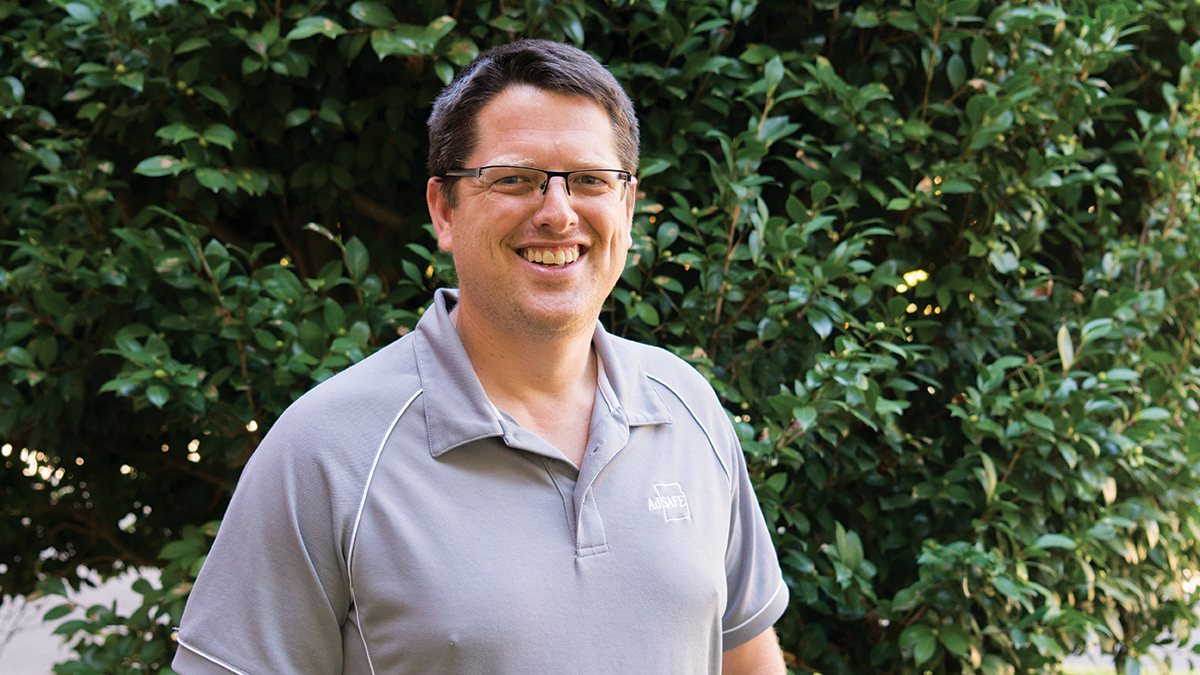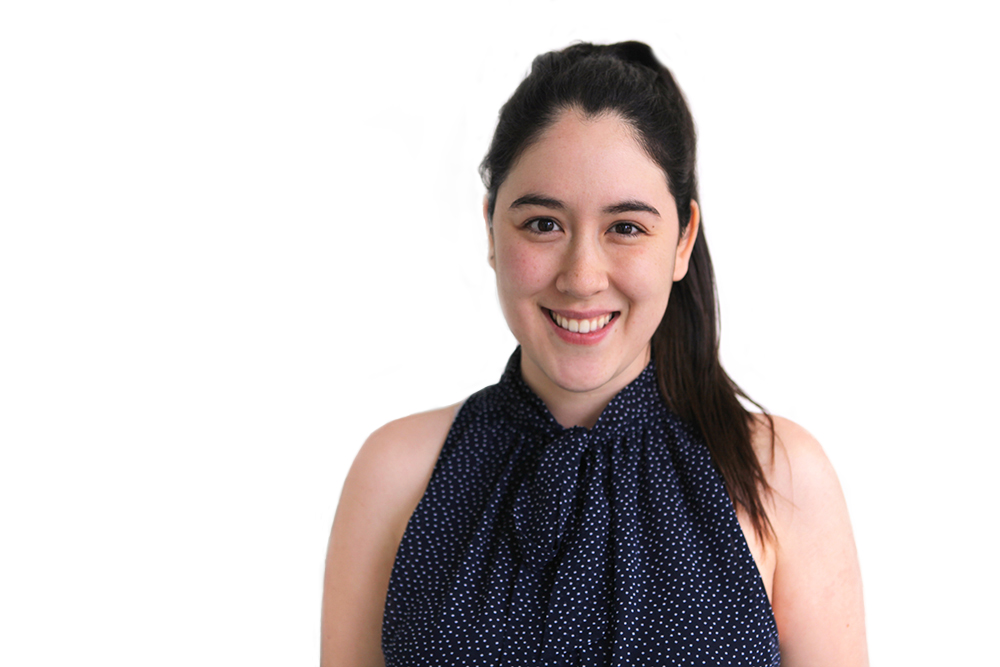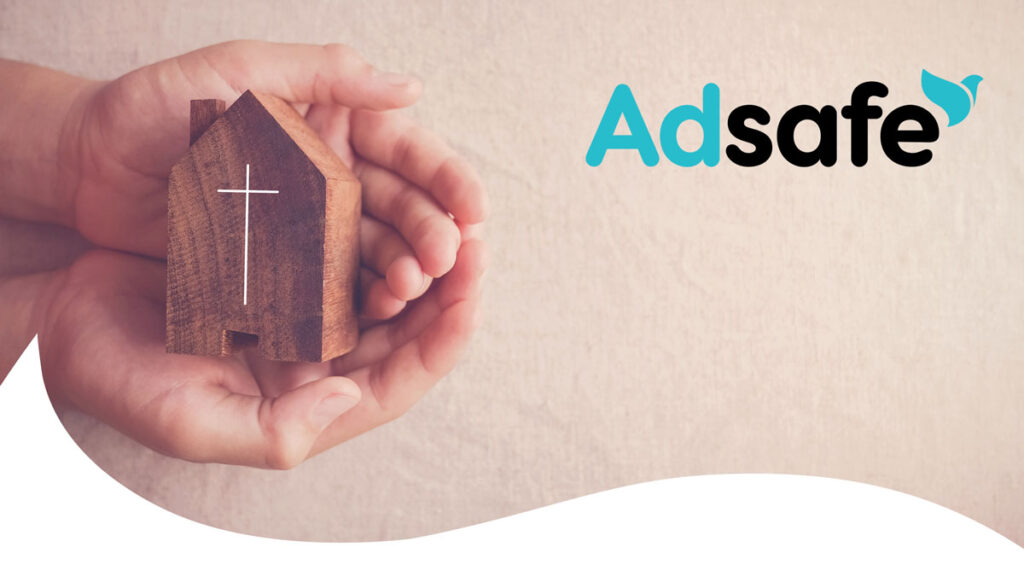Name: Nick Coyte
Job: Training and Development, AdSAFE
Where: Wahroonga, NSW
What do you do?
AdSAFE has been set up to deal with the protection of children and vulnerable people in our Church in Australia and New Zealand. It’s split into four parts: survivor services, who support survivors through healing pathways; redress, a survivor-focused scheme to acknowledge the hurt and loss suffered; offender management; and then safe guarding services, which is me. Our team does all the online and face-to-face training for churches, PR and getting the word out about what AdSAFE does.
What led you to this ministry?
I come from a teaching background—I’m a high school woodwork teacher—so working with kids is something I’ve done all my life. In the last five years or so, I started working more in state schools, just to work with more of the challenging kids. And by nature of the area—it was a low socio-economic area—a lot of the kids had problems similar to those we deal with here at AdSAFE on a daily basis. So when the job at AdSAFE came up, I thought it was a great opportunity to use the passion I had for children within the Church.
Was it a challenge coming from teaching to AdSAFE?
I’m a very social person, so having 1000 kids in my face every day gave me so much joy. I loved that interaction, so I was really concerned about coming into an office environment and not having that connection and engagement, and knowing how those kids are coping daily. It wasn’t as difficult as I expected—just different.
How would you describe a typical day for you in one word?
Chaos! My role is primarily communications and PR with the churches. In every church now we have an AdSAFE coordinator and it’s our job to talk them through different issues in their churches. I also look at all the different complaints and ways things have been solved in different churches and then share those ideas with churches dealing with similar issues. If I’m in the office, a lot of my day is communicating by phone and email. Since March last year I’ve had thousands of emails arrive in my inbox. But if we’re out and about, we do a lot of face-to-face training in churches or attending Big Camps to get the word out about what we do and why we’re here.
What is the best thing about your job?
I love the training, because I get to interact with people from churches. For me, engaging with somebody who is of the same faith and belief but in a completely different place you’ve never been before is awesome. I really love that because it takes me back to my teaching roots. Being in front of people and sharing something that we’re all very passionate about in here, and explaining it to them in a way that they get.
What qualifications or characteristics do you need?
For my role, a teaching background definitely helps! But if not, you definitely need a really good communication skillset, and not having a fear of standing up and talking in front of large groups of people.
What’s one of the biggest challenges you’ve faced?
Probably just coming to terms with the number of incidents we’ve had and continue to have in our Church. For me, that’s quite confronting. I also struggle when people ask, “Why should I have to do this training?” That is, in essence saying, “Why do I have to care about keeping my church safe?” For some people, it’s too much to ask to sit down for a few hours to do some training so that we can look after the vulnerable people in our Church. Some people can’t seem to show the same type of care and empathy for children.
What’s something that would surprise people about your job?
What a lot of people don’t realise is the number of survivors who have reached out to contact AdSAFE. On our files there are hundreds of survivors that have come forward that have experienced abuse within the confines of our Adventist Church, and the feedback I get through a lot of my training sessions is that people think a lot of other churches have a problem with abuse, but our church is fine. If I’m completely honest, I had that same view before working here, but the sheer volume of case files is something I think people are surprised about every time we talk about it.
But it’s a testament to the culture our Church is working hard to change, and we find it amazing when a survivor comes forward. For someone to hold onto everything they have for such a period of time, and then see something in us as AdSAFE to feel comfortable enough to come forward, I think that’s one of the most amazing things that we as a Church could do—acknowledge the fact that it has happened, and try the best we possibly can to provide a safe space for them going forward. On the books we have about 150 survivors that our Survivor Services team are in contact with, but over the lifespan of Safe Place Services and AdSAFE there would be well over 500.
How do you share Jesus in your job?
Just the fact that AdSAFE is here is a massive acknowledgement to the fact that as a Church we care about sharing God’s love and making His Church as safe as possible. In my life and job, I try to be the best representation of who God’s made me to be and to share the passion He has given me.
Any advice for those wanting to work in a similar space?
It is a very confronting job. There’s a lot of confidentiality. You have to be able to separate your faith from certain things happening within our Church, and from your work. But it’s a ministry, so more than anything, you need to have a passion for helping people, especially children and the vulnerable, and a passion for helping the Adventist Church protect those people.






